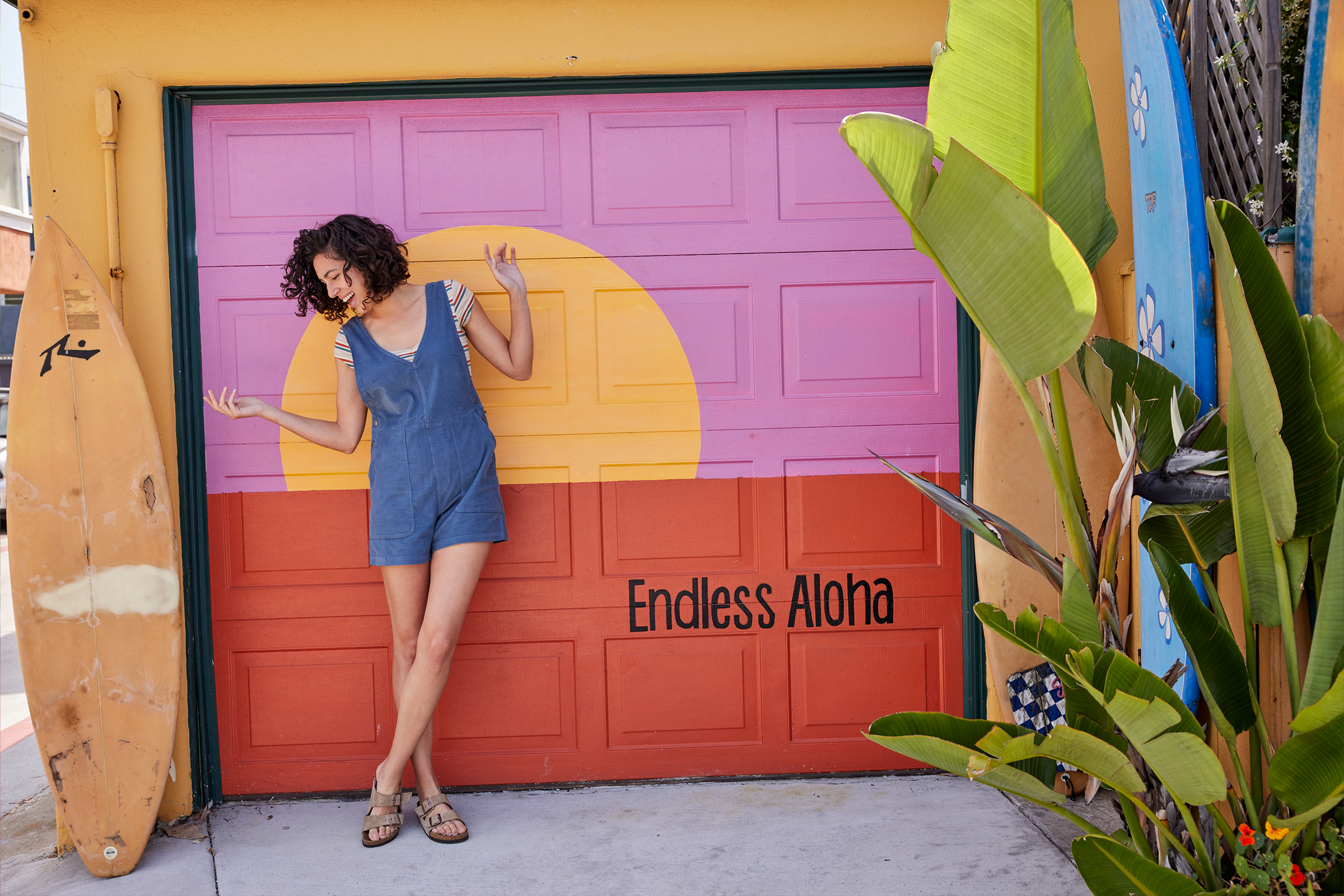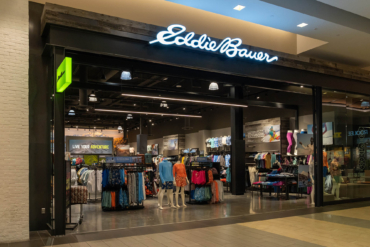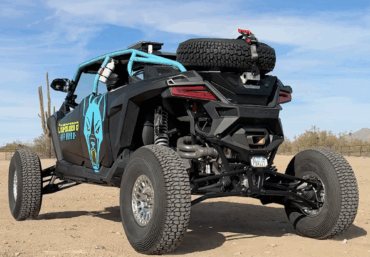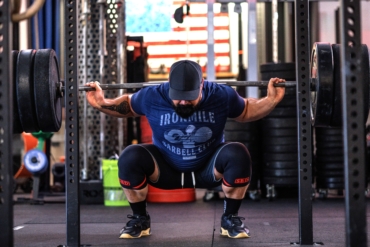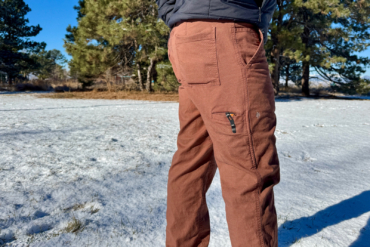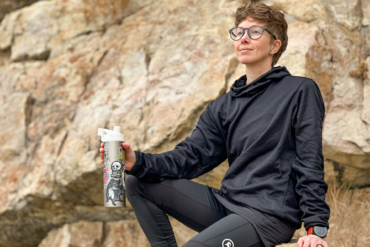Over the past couple of decades, “greenwashing” has become commonplace. Many companies tout sustainable values but ultimately continue polluting the environment without meaningfully combating climate change. For this reason, there are a number of questions that surround clothing production and true sustainability. What really makes an apparel company sustainable?
That’s what Toad&Co has set out to answer. The outdoor lifestyle brand has made it its mission to bring more action and awareness to sustainable practices within the apparel industry. It does this all while making “high-quality clothes that you’ll actually want to wear.”
We catch up with Toad&Co to learn how the brand goes above and beyond when it comes to sustainability.

What Is Toad&Co?
Toad&Co is an outdoor lifestyle brand that creates “super comfy clothing that lasts forever.” Since its inception, the brand’s mission has been to source the most sustainable materials and partner with the cleanest factories to manufacture its clothing.
Originally known as Horny Toad Activewear, Toad&Co’s story began in 1991 when Jessica Nordhaus moved to Colorado and began making hats to sell out of her Telluride garage. By the mid-’90s, Jessica’s one-woman operation grew, her clothing lines expanded, and the brand started to attract the attention of investors and entrepreneurs. In 1995, entrepreneur and current CEO Gordon Seabury purchased the company.
As owner and CEO, Seabury fostered Horny Toad Activewear’s growth, bringing the brand to international markets. He built a comprehensive sustainability plan focusing on the use of recycled materials and responsibly sourced fibers — a plan that Toad&Co continues to build upon today.
In 2015, Horny Toad Activewear rebranded as Toad&Co to better reflect its sustainable community and commitment to improving the planet.

Using Sustainable Materials
Toad&Co wants consumers to better understand the materials that make up their clothes. The brand makes its entire clothing line with at least 80% sustainable fibers and/or fabrics that meet independent certifications like Bluesign or Standard 100 by Oeko-Tex.
“While each season may have its unique design inspiration, our philosophy is consistent year after year,” said Kyle Boettcher, VP of Product Design. “Optimistic clothing rooted in nature and nostalgia. Our design teams put each piece they make through our own product algorithm. Each piece must be easy to wear, comfortable, bring joy, durable, versatile, and low impact.”
Below is an overview of the materials that Toad&Co uses in its men’s and women’s product lines.
Hemp
Hemp offers a number of benefits. It’s a naturally breathable and antimicrobial fiber that farmers can grow with minimal pesticides, synthetic fertilizers, or GMO seeds. Since it is predominantly rain-fed, hemp puts less strain on the water supply as well. Additionally, it decontaminates soil by removing pollutants and adding back nutrients, a process known as phytoremediation.
In its products, Toad&Co blends hemp with other fibers, like organic cotton and recycled polyester, to achieve different performance benefits.
For example, the Taj Short Sleeve Shirt uses a blend of hemp and TENCEL Lyocell (more below) to boost its breathability and quick-drying properties.
Products like the Women’s Taj Hemp Pants use a blend of hemp and TENCEL Lyocell to achieve linen-like pants that are wicking, cooling, and drapey with a hint of stretch.
Lastly, the unisex Hemp Daily Short Sleeve Tee uses hemp and organic cotton blend to create a moisture-wicking, breathable, and antimicrobial top for hard wearing.
Organic Cotton
Cotton is the most popular textile in the world and demand for its production is costly to the environment. Farming regular cotton is water- and energy-intensive, pesticide-heavy, and puts a great deal of pressure on the land. It wastes millions of gallons of water, pollutes resources with pesticide runoff, and can lead to deforestation and soil degradation. Unfortunately, many farmers and clothing manufacturers are willing to pay the environmental price to meet the demand, but there is an alternative: organic cotton.
Toad&Co uses only organic or recycled cotton, grown without GMOs or synthetic pesticides or fertilizers. Farms that are certified organic rotate the soil after crop cycles, allowing the land to retain nutrients and water. Additionally, fibers are processed with safe alternatives to harsh chemicals during production. But there is a catch.
Producing organic cotton is labor-intensive, results in lower yields, and requires a costly certification process. The demand for organic cotton is rapidly increasing. Demand for organic cotton is starting to outpace supply, yet the costs and certification processes make it infeasible for a lot of farmers. For this reason, Toad&Co incorporates organic cotton in conversion into its clothing lines.
Organic cotton in conversion is cotton that isn’t fully certified organic yet, but it’s being grown in an organic way. Toad&Co incorporates this form of cotton to support farms making the switch to organic certification. By supporting these farms, Toad&Co is helping to shoulder the financial burden and making sustainable options more accessible and widespread throughout the industry.
Toad&Co uses organic cotton and organic cotton in conversion in a number of its products. Some examples include the Manzana Tiered Sleeveless Dress and the Fletch Short Sleeve Shirt.
TENCEL Lyocell
TENCEL Lyocell is a soft, durable fiber made from eucalyptus. It requires fewer pesticides, as well as less acreage and water to grow than cotton.
The fabric is created first by using Forest Stewardship Council Certified sustainable trees to produce a wood pulp. Next, the pulp is processed with nontoxic solvents in a closed-loop system. In this system, 99% of the solvents are recovered and recycled and the yarn yielded is certified Oeko-Tex Standard 100.
The final product has a weight similar to polyester, feel and drape like silk, and breathability akin to cotton.
Toad&Co uses TENCEL Lyocell in its top-selling Samba fabric. You can find it in dresses like the Marley Tiered Sleeveless Dress and wardrobe staples like the Marley II Short Sleeve Tee.
Recycled Fibers
Toad&Co’s recycled fiber clothing saves a lot of fabric waste. Virgin materials require tremendous amounts of resources, including land, water, energy, and chemicals.
By implementing recycled fibers into its clothing, Toad&Co says it saves 20 tons of textiles from landfills, 20 million gallons of water, and the carbon footprint equivalent to 300,000 driving miles per year.
Toad&Co uses recycled fibers throughout its entire product line. The Men’s Framer II Long Sleeve and the Women’s Sunkissed Pull On Short are both great examples of classic pieces made from a blend of recycled fibers.

Shipping Sustainably
As you may assume, shipping boxes of apparel around the world isn’t exactly sustainable. Apparel companies ship billions of packages around the world each year, and produce a tremendous amount of waste doing so. Toad&Co intentionally looked at how its packages move around the planet in search of a better solution.
In 2018, the brand partnered with LimeLoop to offer an alternative to single-use packaging — the reusable shipper. The reusable shipper is a durable mailer that ships with a prepaid return label. When a customer receives an online order, they can easily return the shipper so that Toad&Co can use it again and again, replacing single-use shipping materials. In addition to reducing packing waste, the company also saves on fuel and shipping costs by using these shippers.
Next on Toad&Co’s list: Replace all plastic-based product packaging by 2026. Replacing plastic-based product packaging entirely is a lofty goal, as the material tends to be everywhere — in labels, stickers, moisture-control packs, product bags, hang tags, and more.
The brand has already made progress toward its goal by swapping out plastic polybags for recyclable FCS-certified paper bags. And it’s keeping momentum as a member of the Responsible Packaging Movement — a coalition of like-minded brands and nonprofits working toward more sustainable packaging.

‘Joy-Backed Guarantee’
Have you ever heard of a Joy-Backed Guarantee? Shop Toad&Co and you will!
The Joy-Backed Guarantee states that if your Toad&Co gear doesn’t bring you joy, or if you don’t get a compliment within three wearings, the brand will do everything in its power to make it right.
The brand says that if you look good, you’ll feel good. And ultimately, this will help lead you to do good.
“We think people who feel good are happier, have more fun, and are more likely to pay the good vibes forward,” Boettcher said. “Toad&Co clothes are thoughtfully designed to make sure whoever’s wearing them feels good every single time — inside and out.”
If you like what Toad&Co is doing, shop the latest summer styles for men and women.

This article is sponsored by Toad&Co.
